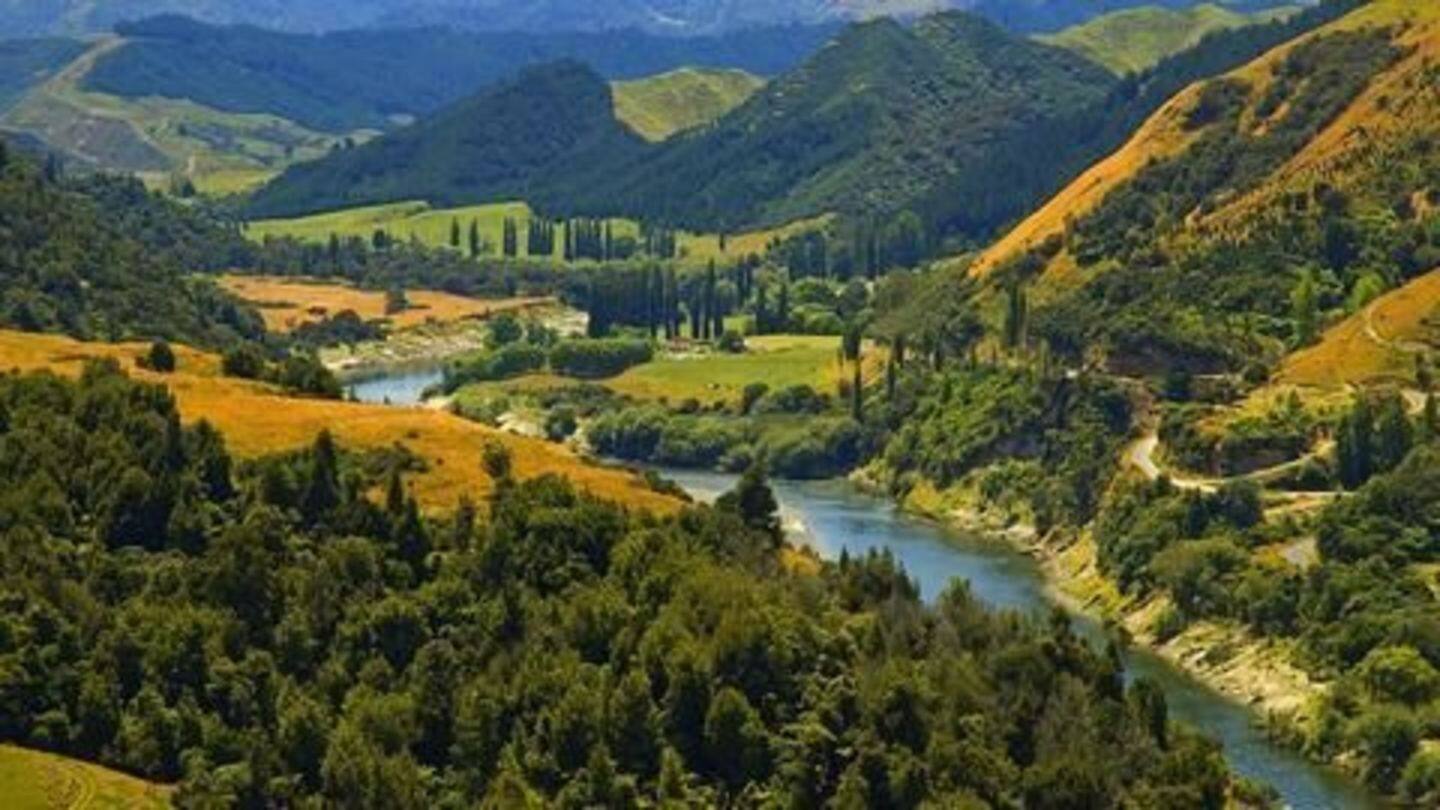
New Zealand's Whanganui river given legal human status
What's the story
In a first of its kind, a New Zealand river has been granted the legal-status of a person.
After 170 years of battle by the indigenous Maori people, NZ parliament passed Te Awa Tupua (Whanganui River Claims Settlement) bill recognizing Whanganui River as a living-entity.
The river's interests will be represented by two nominees, one appointed by the government and another by Maori community.
Do you know?
First river for personhood but not the first natural resource
While Whanganui is the first river in the world to get legal status, it is not the only natural resource. In 2014, New Zealand's Te Urewera national park was granted the similar status.
16 Mar 2017
"I am the river and the river is me"
Whanganui is a 145-km-long river flowing along the west of country's North Island.
It is revered by the local Maori community who fought long for its legal status. "From their viewpoint, river's wellbeing is directly linked to the people's wellbeing."
Their relationship with the river is not one of use but of existence. They believe, "I am the river and the river is me."
Details
Significance of the legal status
For Whanganui river, the new legal status means that its guardians will be obliged to act in the river's best interests.
Further it will no longer be the property of New Zealand government. It will also provide $80 million in financial redress and $30 million for a fund to restore the river's health.
Harming/abusing the river will be treated as harming the Maori tribe.
16 Mar 2017
End of New Zealand's longest running litigation
The case of granting Whanganui the legal status brings an end to the country's longest running litigation (since 1850s).
Chris Finlayson, New Zealand's Treaty Negotiations Minister said, "I know the initial inclination of some people will say it's pretty strange to give a natural resource a legal personality, but it's no stranger than family trusts, or companies, or incorporated societies."